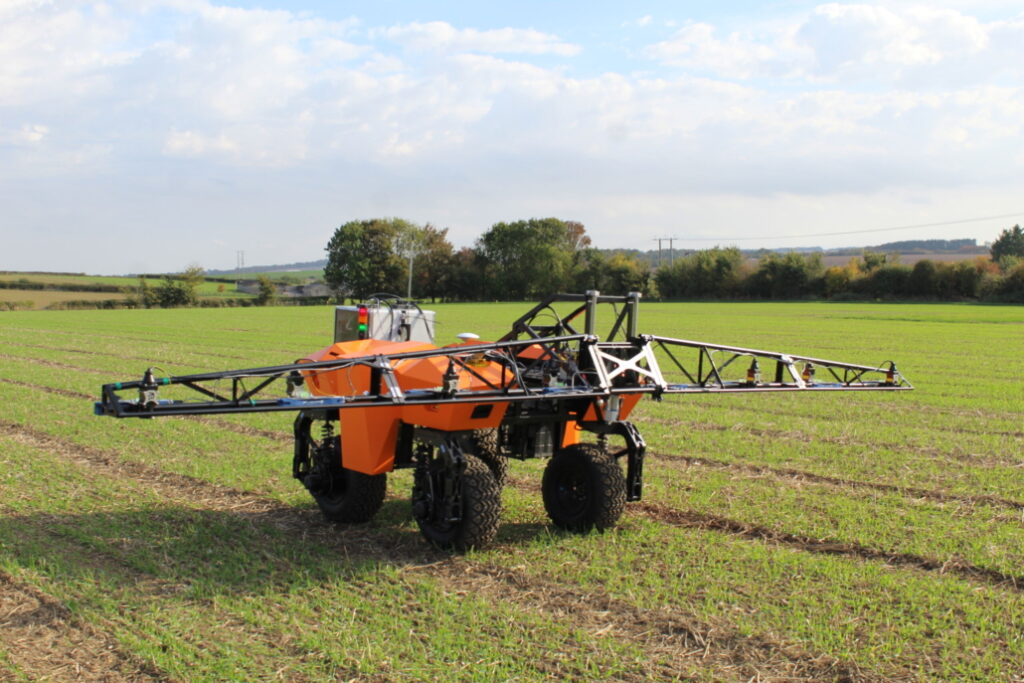Science connecting land and people
We respond to the challenges posed by the climate and nature crises through applying our scientific expertise to developing interventions, tools, products and land management practices to improve the resilience of crops, land, natural resources and communities.
Our unique research is tested in labs and at scale on our farms. We combine expertise in both natural and socio-economic sciences to consider the connections between crops, resources and people.

Our scientific services
We offer a range of analytical, commercial research, crop science, consultancy and scientific project services, all underpinned by world-leading science, facilities, resources and intellectual property.
Latest news
LOCATE YOUR BUSINESS AT THE HUTTON
Our open science approach means that we have a variety of offices, labs and glasshouses available to rent on a long term-term basis at our sites at Invergowrie, Aberdeen and Glensaugh.
